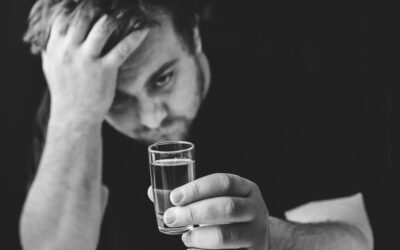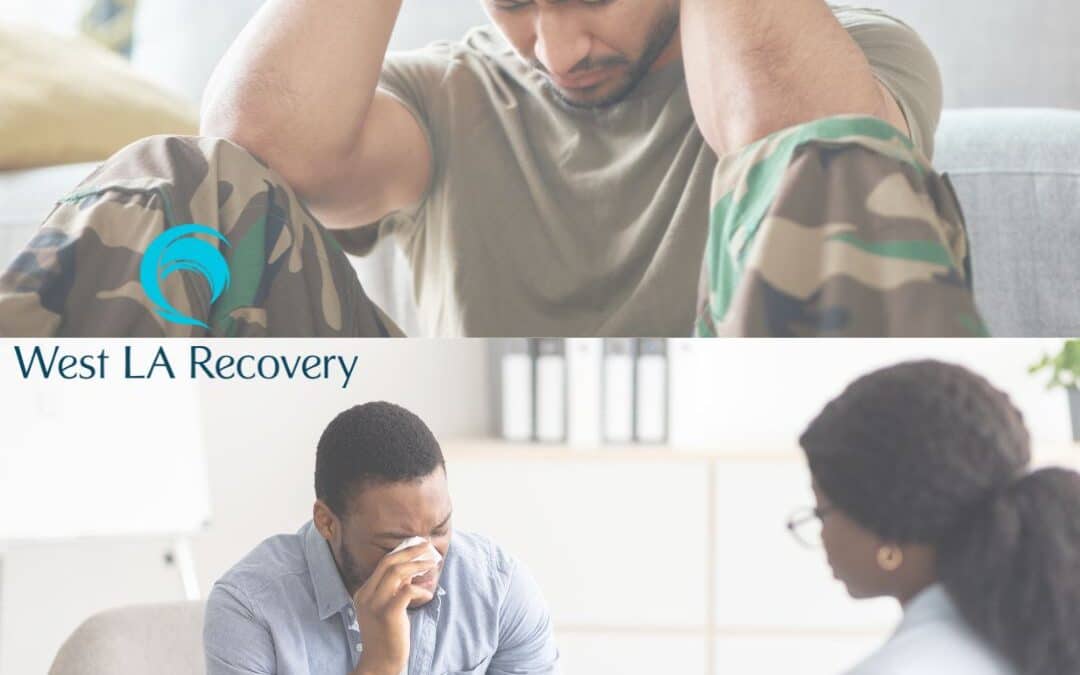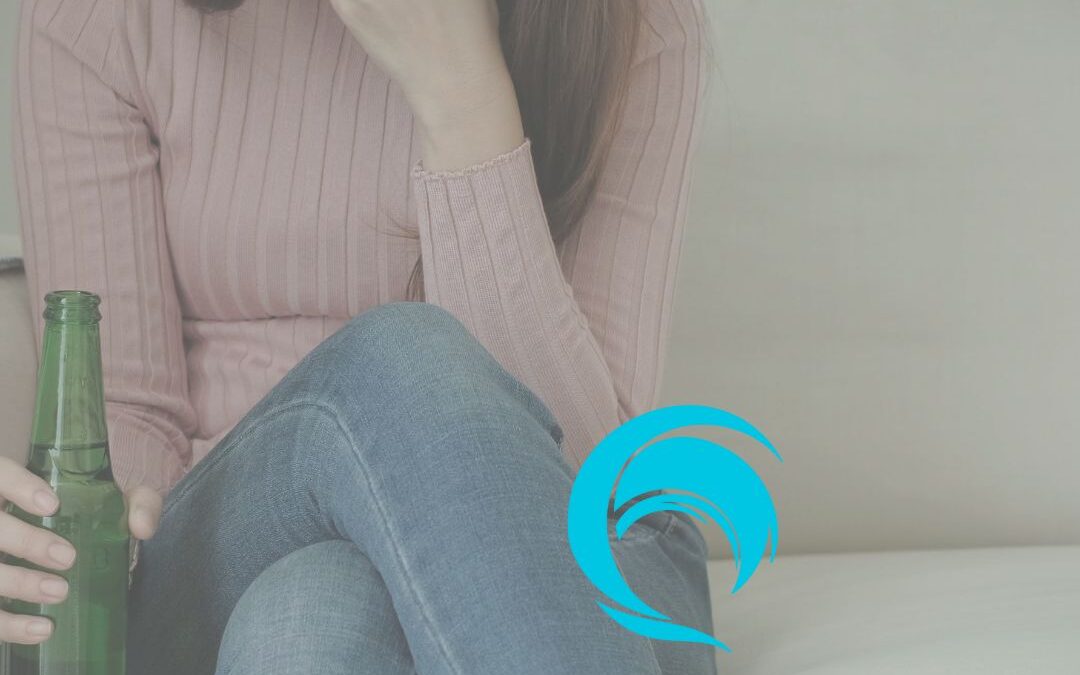Step 1: Recognizing the Need for Help
Identifying signs of drug addiction starts with honest self-reflection. You might notice you’re using substances more frequently than intended, experiencing cravings that disrupt your daily routine, or struggling to meet work and personal responsibilities. Physical symptoms like withdrawal when you stop using, tolerance requiring larger doses, and neglecting activities you once enjoyed all point toward a deeper problem.
Self-awareness becomes your most powerful tool when deciding to seek help. You need to acknowledge how substances have changed your behavior, relationships, and overall quality of life. This recognition isn’t about shame—it’s about understanding where you are and where you want to be.
Overcoming denial and fear of judgment presents one of the biggest hurdles in admitting a drug problem. You might tell yourself you can quit anytime, that your situation isn’t “that bad,” or that seeking help means admitting failure. The truth? Recognizing addiction as a chronic condition similar to diabetes or heart disease reframes the conversation entirely. Your brain chemistry has changed through repeated substance use, creating a medical condition that requires professional intervention.
The moment you acknowledge you need support marks the beginning of your recovery journey. How to get help for addiction starts with this single, courageous step: admitting you can’t do this alone.
Step 2: Seeking Initial Professional Advice
Your primary care provider is a great place to start when dealing with drug addiction issues. They can assess your situation, check your physical health, and recommend treatment options that suit your needs. These doctors see addiction as a medical problem and can guide you to specialized help.
Being Honest with Your Doctor
When talking to your doctor about drug-related issues, being honest is crucial for getting the right support. You can begin by explaining specific behaviors that concern you, such as:
- Changes in your sleeping habits
- Difficulty in handling daily tasks
- Increased tolerance to drugs or alcohol
Your doctor will inquire about how often you use substances, what types you consume, and any previous attempts you’ve made to quit. This professional assessment may involve checking your vital signs, going over your medical history, and possibly conducting lab tests to see how drugs have impacted your body.
What Happens During the Medical Evaluation?
During the initial medical evaluation, you can expect the following:
- A physical examination to identify any health issues
- A mental health screening to check for any co-occurring conditions
- A conversation about your treatment goals and personal circumstances
- An overview of available resources in Los Angeles
Accessing Treatment Without a Referral
It’s important to know that you don’t need a doctor’s referral to get treatment. Many facilities, including ours, accept self-referrals. This means you can directly reach out to primary care provider addiction help services or specialized addiction centers without needing a doctor’s recommendation.
Self-referral can be beneficial as it removes obstacles and speeds up your recovery journey when you’re ready to make a change.
Step 3: Exploring Treatment Options Available in Los Angeles
Los Angeles offers a diverse range of drug addiction treatment services designed to meet different recovery needs and circumstances. When searching for substance abuse treatment programs, you’ll encounter two primary care settings:
- Outpatient programs that allow you to maintain daily responsibilities while attending scheduled treatment sessions
- Inpatient facilities that provide 24/7 structured care in a residential environment
Substance abuse treatment options in our area include evidence-based therapies proven effective in addiction recovery. Cognitive Behavioral Therapy (CBT) stands as one of the most widely used approaches, helping you identify and change negative thought patterns that contribute to substance use. You’ll work with trained therapists who guide you through developing healthier coping mechanisms and relapse prevention strategies.
Medication-assisted treatments play a critical role in recovery from opioid addiction. Medications like methadone and buprenorphine reduce cravings and withdrawal symptoms, making it easier for you to focus on behavioral therapy and lifestyle changes. These medications don’t replace one addiction with another—they’re FDA-approved tools that normalize brain chemistry disrupted by prolonged drug use.
Our detoxification programs provide medically supervised withdrawal management in a safe, comfortable setting. You’ll receive round-the-clock monitoring and symptom management during this challenging initial phase.
Finding the right rehab program in Los Angeles depends on your specific substance use patterns, medical history, and personal circumstances. Our West LA Recovery rehab programs offer comprehensive assessments to determine which combination of services best supports your path to recovery.
Step 4: Taking the First Step Toward Sobriety with Personalized Plans
How to take the first step toward sobriety begins with understanding that no two addiction journeys are identical. When you connect with our team, keyworkers conduct comprehensive assessments examining your substance use history, physical health, mental health status, and social circumstances. These evaluations form the foundation of your personalized treatment plan Los Angeles residents can trust.
The first steps in addiction treatment involve matching you with the right level of care. Your keyworker considers multiple factors when developing your individualized approach:
- Severity of addiction – The frequency and amount of substance use determines whether intensive inpatient care or flexible outpatient services better suit your needs
- Co-occurring mental health conditions – Depression, anxiety, or trauma require integrated treatment approaches
- Work and family obligations – Your daily responsibilities influence scheduling and program intensity
- Previous treatment attempts – Past experiences help us identify what worked and what didn’t
- Type of substance – Different drugs require specific medical protocols and therapeutic interventions
- Support system availability – The presence or absence of family support shapes your recovery environment
Rehab program selection isn’t about fitting you into a predetermined mold. We design treatment around your life, not the other way around. Your plan might combine medication-assisted treatment with individual therapy sessions, group counseling, and holistic wellness activities. How to get help for addiction means receiving care that addresses your unique challenges while building on your personal strengths.
Step 5: Engaging in Support Systems and Long-Term Recovery Strategies
Overcoming fear of getting help becomes easier when you connect with others who understand your journey. Peer support groups Los Angeles offers, particularly Narcotics Anonymous (NA), create safe spaces where you can share experiences without judgment. These meetings happen throughout the city at various times, making it convenient to find a group that fits your schedule. You’ll discover that hearing others’ stories of recovery reinforces your own commitment to sobriety.
National helplines provide another layer of support when you need immediate guidance. SAMHSA’s National Helpline (1-800-662-4357) operates 24/7, offering free, confidential assistance in English and Spanish. You can call anytime to discuss treatment options, locate facilities, or simply talk through a difficult moment.
Sustained recovery strategies include practical harm reduction tools. Naloxone, the opioid overdose reversal medication, is available at pharmacies across Los Angeles without a prescription. You should keep this life-saving medication accessible, whether you’re in early recovery or supporting someone else’s journey.
Follow-up therapy sessions serve as your ongoing checkpoint for maintaining sobriety. These appointments help you:
- Identify and address triggers before they lead to relapse
- Adjust coping strategies as your recovery evolves
- Process challenges in real-time with professional guidance
- Build resilience through continuous skill development
Regular engagement with your therapist creates accountability while reinforcing the behavioral changes you’ve worked hard to establish.
Taking Action Towards Lasting Sobriety with West LA Recovery’s Support
You’ve learned how to get help for addiction—now it’s time to take that first step toward sobriety. We understand that overcoming fear of getting help can feel overwhelming, but you don’t have to navigate this journey alone.
Contact us today for a confidential consultation where we’ll explore substance abuse treatment Los Angeles options tailored specifically to your needs. Our comprehensive rehab programs support every stage of your recovery, from initial assessment through long-term sobriety maintenance.
It’s important to remember that seeking help early for substance abuse can significantly improve your chances of successful recovery.
Ready to begin? Schedule your initial appointment with us to start your personalized addiction assessment and planning. Finding the right rehab program in Los Angeles starts with one conversation—and we’re here to guide you through each step of drug addiction treatment Los Angeles has to offer.
FAQs (Frequently Asked Questions)
How can I recognize if I have a drug addiction and why is self-awareness important in recovery?
Recognizing drug addiction involves identifying signs such as increased tolerance, withdrawal symptoms, and neglecting responsibilities. Self-awareness is crucial as it helps overcome denial and fear of judgment, allowing individuals to admit their problem and understand addiction as a chronic condition that requires ongoing management.
What role does a general practitioner (GP) play in seeking help for addiction?
A GP can provide an initial professional assessment of drug concerns, offer referrals to specialized addiction treatment programs, and discuss various treatment options. Patients can approach their GP to discuss their situation confidentially and learn about available medical evaluations or self-referral possibilities without GP involvement.
What types of addiction treatment options are available in Los Angeles, particularly at West LA Recovery?
Los Angeles offers a range of substance abuse treatments including outpatient and inpatient care, cognitive behavioral therapy (CBT), medication-assisted treatments like methadone and buprenorphine, and detoxification programs. West LA Recovery provides comprehensive rehab programs tailored to individual needs, supporting every step toward lasting sobriety.
How does West LA Recovery develop personalized treatment plans for individuals seeking sobriety?
West LA Recovery’s keyworkers conduct thorough assessments considering factors such as severity of addiction, personal circumstances, specific substances used, and lifestyle needs. Based on these evaluations, they create individualized treatment plans that align with the patient’s unique situation to maximize effectiveness.
What support systems and long-term recovery strategies are recommended for sustained sobriety?
Engaging in peer support groups like Narcotics Anonymous in Los Angeles provides community encouragement. Utilizing national helplines such as SAMHSA offers ongoing assistance. Harm reduction tools including naloxone availability and consistent follow-up therapy with relapse prevention strategies are essential components for maintaining long-term recovery.
How can I take the first step toward sobriety with the help of West LA Recovery?
Taking the first step involves contacting West LA Recovery for a confidential consultation to explore personalized treatment options. Scheduling an initial appointment allows for a comprehensive addiction assessment and development of a tailored rehab program designed to support your journey toward lasting sobriety.







